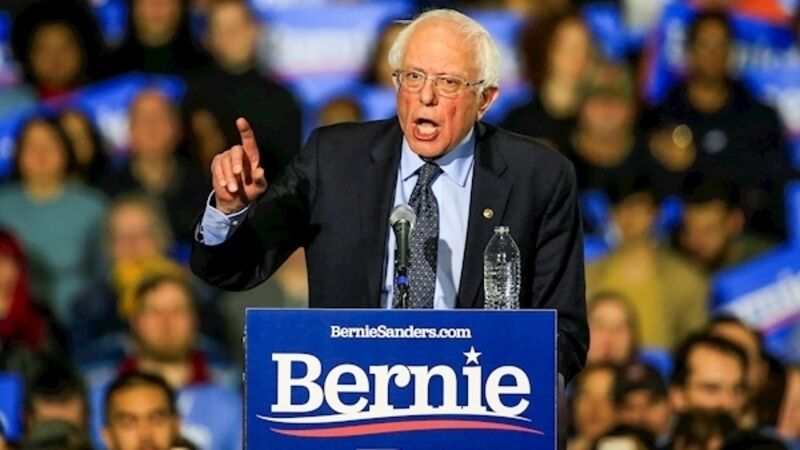Irish Examiner View: Same fight on three fronts: Left battles to recover plausibility

Today is Super Tuesday in America’s presidential election process. The list of Democrats trying to win a nomination to challenge the president, Donald Trump, in just nine months, may be reduced further, as it was on Sunday, when Pete Buttigieg threw in the towel after four primaries. Buttigieg’s withdrawal was not expected, but it meant conservative Democrats unnerved by the prospect that Bernie Sanders might win the nomination circled the wagons. It is as if they learned little or nothing about candidate selection in 2016. Ironically, Sanders’ strong performances have revived Joe Biden’s campaign, giving him a back-from-the-grave win in South Carolina.
Sanders achieved this prominence over decades by relentless grassroots campaigning and an impressive flow of small, private campaign contributions. He presents himself as an authentic voice for blue-collar America, while his main rivals — a former vice-president and a billionaire — suggest the Democratic Party has been taken over by a business-and-urban elite. Much the same arguments, in two very distinct settings, are playing out on this side of the Atlantic.
















